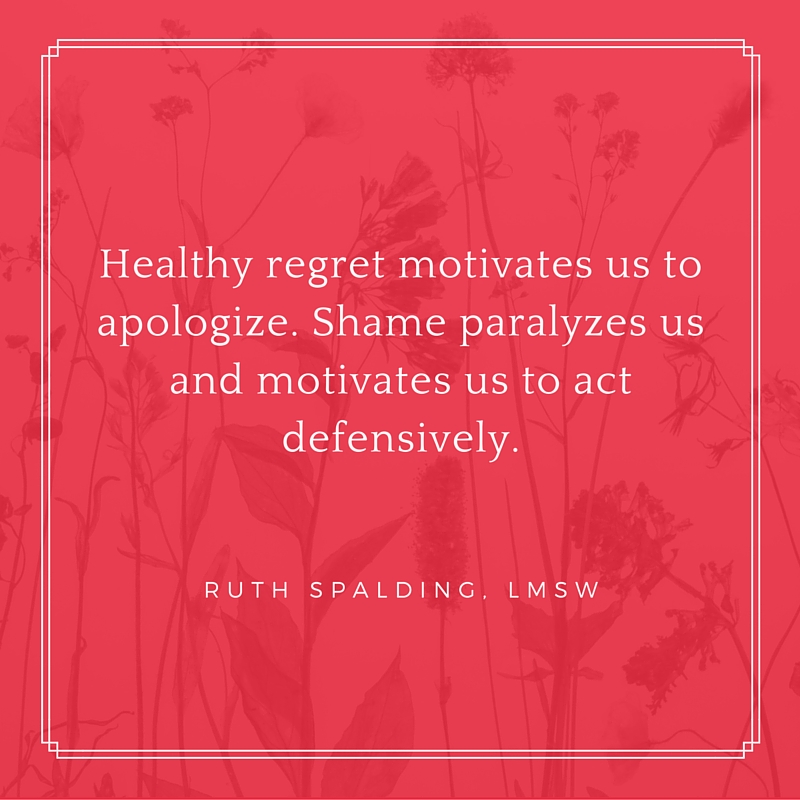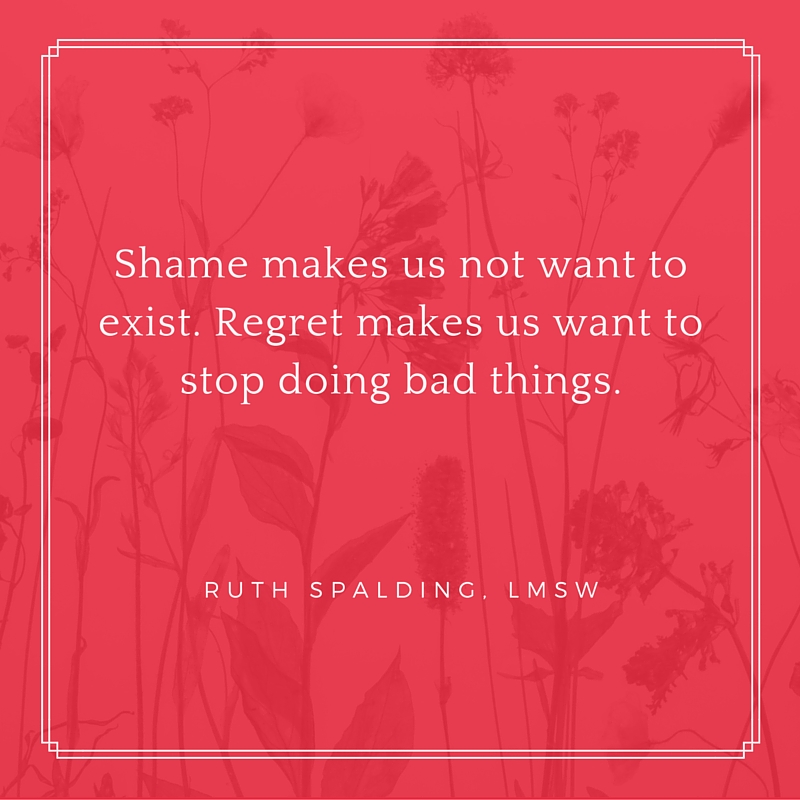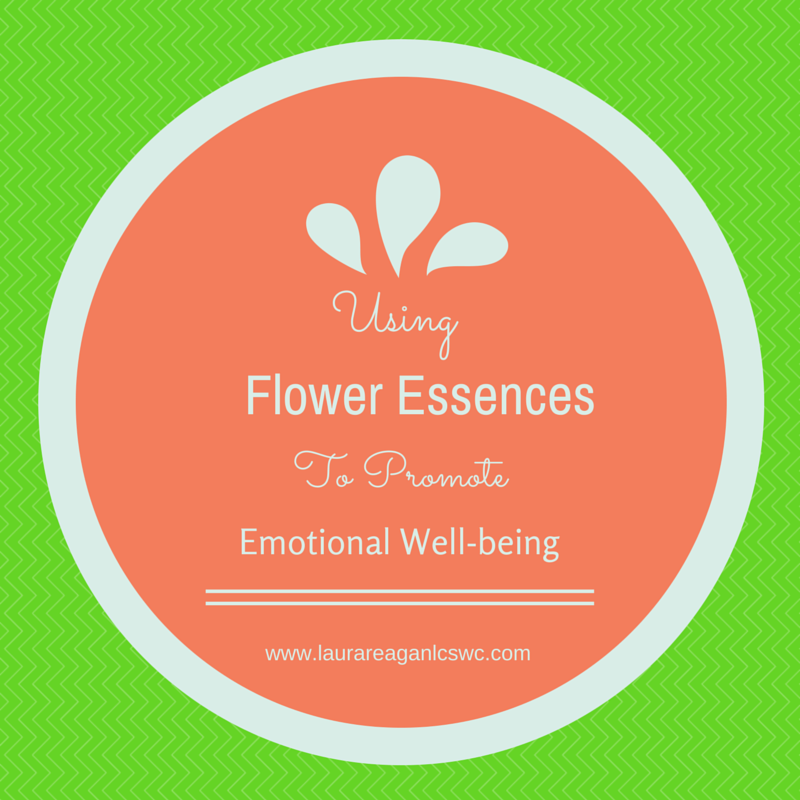Say You're Sorry: Don't Let Shame Stop You!
A guest post from Ruth Spalding, LMSW
Recently I've talked about the pain we can experience when an important relationship falls apart (read and listen here) and considered whether or not forgiveness is necessary (read and listen here). Today I invited my colleague, Ruth Spalding, LMSW, who practices in Traverse City, Michigan to explain the role of shame in our reluctance to apologize when we do something that is out of alignment with our values.
I've been wanting to write this post ever since reading Amy Poehler's Yes Please memoir. In it, she talks about how she really screwed up and waited a very long time to apologize. She goes into detail about what makes a good apology and for the most part I agree with her. So here are the steps to apologizing like you mean it.
Mean It
A lot of times when we screw up we're mad at ourselves but don't want to be. So we direct that anger at other things, maybe what we see as our excuse for our mistake. Maybe we squash it down. Either way, we usually have to really look at ourselves and what we've done. And we have to accept it so that we can get in touch with our healthy regret instead of toxic shame. Healthy regret motivates us to apologize. Shame paralyzes us and motivates us to act defensively.
Say You're Sorry
Sounds simple, right? “I'm sorry.” That's a complete sentence. You should have a sentence like that when you apologize. If you're more of a formal person you can say “I apologize” or “I deeply regret...” If you have neglected step 1 then step 2 will be pointless because it will sound insincere. You actually don't have to say much. As long as you mean what you say it will have a powerful impact.
Identify the Problem
Name what you did that you regret. Do not say you're sorry about someone's feelings. Their feelings are valid and do not require an apology. The hurtful actions are what require the apology. If you “don't know” what you did wrong you need to go back to step one. It's actually okay to be confused about this, we often make mistakes in a haze of strong emotions and then have difficulty rationally sorting through it. We can be really good at denial and hiding our shame and this might be preventing you from getting in touch with feeling regret for what you've done. The good news is that with some introspection you can figure out what you did wrong, but it might take some time and painful honesty.
Do not justify, excuse, rationalize or minimize what you did. No explanation is going to reduce the other person's pain as much as a genuine apology. Shame makes us not want to exist. Regret makes us want to stop doing bad things.
Make Amends
If it's applicable, try to make up for what you've done. Did you destroy someone's furniture while partying too hard? Offer to pay to have it fixed. Of course, there are situation in which it's hard to “make it up” since the damage done isn't easily repaired. You can always say you'll make it up anyway you can but please refer to step one before you do. If you've followed all the previous steps, when you're called to make amends, you'll do so genuinely.
Don't Ask For Forgiveness
I've seen other folks recommend this when apologizing. I don't because the apology is not about you. It's really about repairing the rupture you caused. Focusing on how you feel, what you need, is not a healthy frame for an apology. If they want to forgive you, they can, but don't ask them for that or pressure them in anyway. If they decide to forgive you, they will have given you a great gift that will probably help you feel better about the situation, but such a gift must be freely given.
Never Do It Again
For some offenses, this is easier said than done. But you should really try to stop the problematic behavior that caused issues in the first place. This might require a better understanding of your own patterns of behavior and internal dynamics that led to the problem, or it might be very straightforward.
If you're struggling with repeating hurtful behavior, a therapist can help you move away from toxic shame toward a healthier mindset. Apologizing when you've screwed up is the biggest credibility boost you can ever get. Owning your mistakes is so highly respected because most people understand how difficult it is to do. Grappling with your defenses so you can apologize and really mean it is tough. That kind of self-awareness shows through to all that you do. Saying you're sorry is a big opportunity to show commitment to integrity, love, honesty and compassion.
I'm Ruth Spalding, a therapist, trauma guru, and LGBTQ advocate. I love to help burnt out healers find their healthy spark again and guide black sheep to their own awesome herd so they're no longer left out. My private practice, Live Well Counseling LLC, is based in Traverse City, Michigan. If you want to read more blog entries by me or learn more about what I do visit my website.
Thanks, Ruth, for your guest post! Readers, do you agree with Ruth's suggestions for a good apology? Please share your comments and ideas below!
And as always, for more of what I'm doing, you can sign up for my newsletter. I'm not one to bombard you with newsletters and clog up your inbox. I send them every so often when I have something to say that I think you might find useful. You can also follow me on Twitter, Facebook, Pinterest & Google+.
And to listen to The Baltimore Annapolis Psychotherapy Podcast you can click here! You can also listen on iTunes, Stitcher and Google Play. Please download, subscribe and consider leaving a review on iTunes if you like it!











